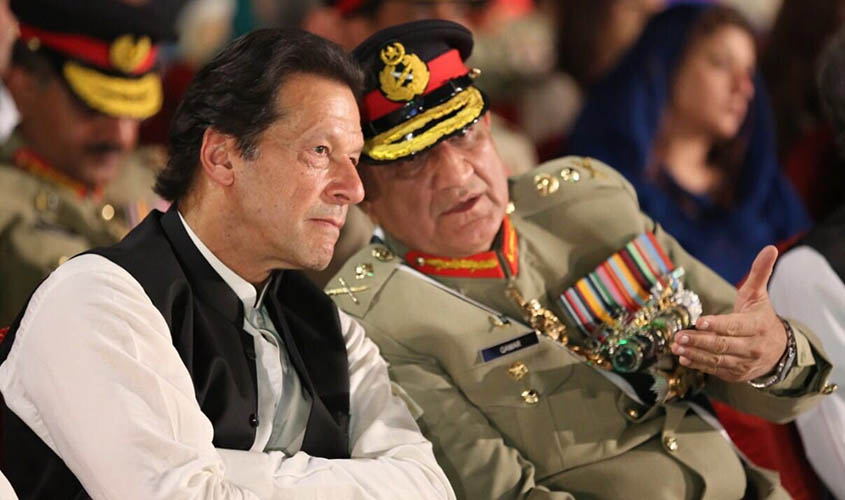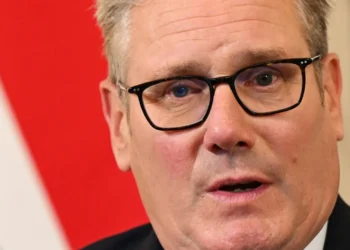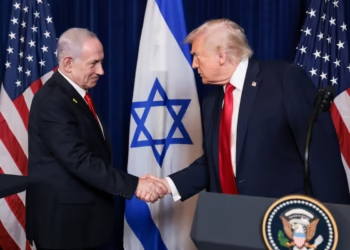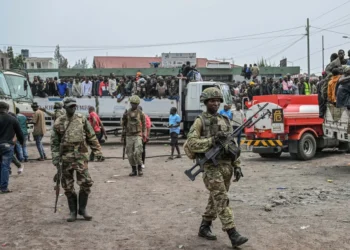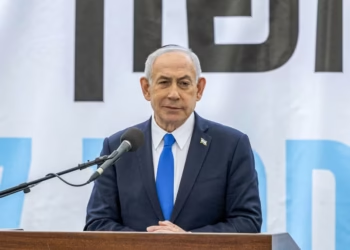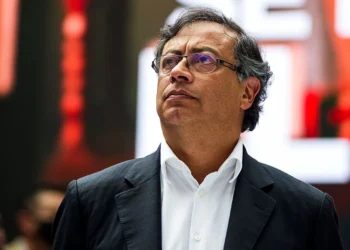ISLAMABAD (Realist English). Pakistan is mired in a serious political and economic crisis. The change of government in April this year, with the removal of Imran Khan from his role as prime minister, has not improved economic confidence. The country’s situation may be marginally better than that of its near-neighbor Sri Lanka, but not hugely so. In fact, the ruling elites in both states are guilty of similar recklessness and myopia, Ayesha Siddiqa, a Pakistani political scientist and researcher at the South Asia Institute, writes about this in a column for the Jacobin.
“Khan’s ouster was the latest episode in a long saga of intervention by the Pakistani military in the country’s politics. What is novel about the current situation is that the military itself appears to be divided in its attitude toward Khan. This is likely to fuel new cycles of instability in Pakistan,” she points out.
The Pakistani political scientist has no doubt that the army played an important role in the overthrow of Imran Khan, although the opposition parties, which have now returned to power, attribute to themselves the political victory over the former prime minister.
“The army uses the proclaimed fight against corruption to delegitimize political figures, and not to combat inefficient financial management. The upper echelons of the army initially promoted Khan because of their dissatisfaction with the traditional parties of Pakistan. There was a deliberate plan to weaken the traditional two-party system after the end of Musharraf’s rule, as one former intelligence chief acknowledged.
“Those who spoke about empowering the middle class and shifting power away from the representatives of dynastic politics used Khan’s personal charisma as a tool to reclaim space from the existing parties. This does not mean that the PTI actually represents middle-class interests; indeed, it is as elite oriented as the other parties,” Ayesha Siddiqa explained.
Despite their success in removing Khan through a no-confidence move in Parliament, the new government has not emerged as a winner from the political confrontation.
“Khan continues to dominate the public debate with a populist narrative that depicts him as a figure with clean hands who is fighting a corrupt political elite.”
In her opinion, “the army has begun to pay a price for its power games, as it has become more acceptable for people from across the party spectrum to accuse its commanders of manipulating the political processes — although the parties are still unwilling to publicize the exploitation of national resources by the generals.”:
“Ultimately, this is a story of elite capture in which Pakistan’s civil and military leadership are in partnership with each other. There may eventually be a real confrontation between them if the size of the financial pie available for plunder shrinks, obliging the two sides to struggle over who gets a greater share of the spoils. However, Pakistan has not reached that point yet, and until it does, the country is likely to lurch from crisis to crisis.”


